molecular biology

Inside the Microbial Jungle:
Tales from a Microbe Whisperer
Laura Tran, PhD | Dec 13, 2024 | 10 min read
Anne Madden sees the beauty and brawn of creepy-crawly microbes and how they may hold the solution to many human problems.
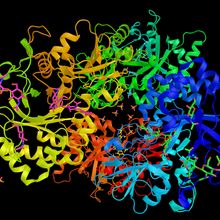
The Future of Protein Sequencing
Quantum-Si | Oct 15, 2024 | 1 min read
A new protein sequencing technology paves the way for a better understanding of protein function.
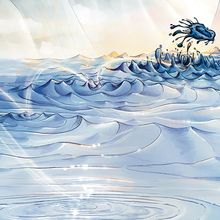
Skipping Toward Resistance: The Gradual Adaptation of Cancer Cells
Laura Tran, PhD | Sep 6, 2024 | 4 min read
Instead of an on-off toggle switch, cancer cells adapt through a series of distinct states of increasing drug resistance.
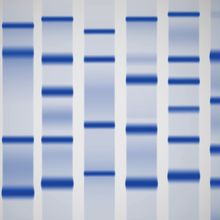
SDS-PAGE Technology for the 21st Century
The Scientist Staff | Sep 2, 2024 | 2 min read
New innovations streamline and simplify SDS-PAGE from a multi-hour workflow to a matter of minutes.

Going with the Flow: An Ultimate Guide to Ultrafiltration
The Scientist Staff | Jul 29, 2024 | 1 min read
In this webinar, Alli Lynch presents the fundamentals and applications of ultrafiltration in the laboratory setting.

Going with the Flow: An Ultimate Guide to Ultrafiltration
The Scientist Staff | Jul 26, 2024 | 1 min read
In this webinar, Alli Lynch presents the fundamentals and applications of ultrafiltration in the laboratory setting.
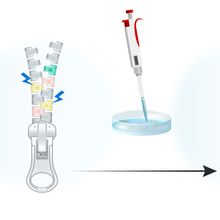
A Blueprint for the Ladder of Reproduction
Laura Tran, PhD | Jul 15, 2024 | 1 min read
A trio of proteins are key building blocks for genetic exchange.
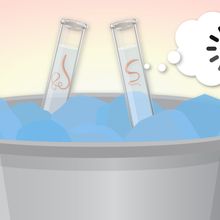
Icing Worms to Prolong Memory
Laura Tran, PhD | Jun 18, 2024 | 4 min read
Researchers discovered that chilling worms on ice slows down forgetting, prompting an exploration into the pathway responsible for this cool phenomenon.
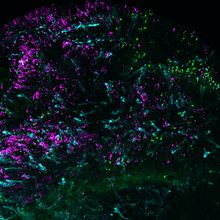
Cracking the Color Cone-undrum in Human Vision
Laura Tran, PhD | Jun 3, 2024 | 2 min read
Cell color perception fates are determined by a signaling mechanism, not chance, during retinal development.
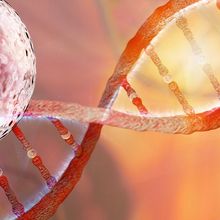
Using Genetic Cartography to Map Cell Lineage
Laura Tran, PhD | May 17, 2024 | 4 min read
By coupling cell lineage tracking with molecular gene expression patterns, researchers deciphered how gene activity influences immune cell production.
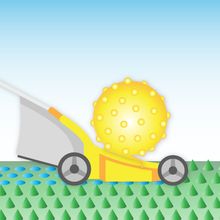
Revving Up a Protein Lawnmower
Laura Tran, PhD | May 7, 2024 | 4 min read
Scientists devised a synthetic protein-based motor fueled by biological reactions to cut through a peptide lawn.
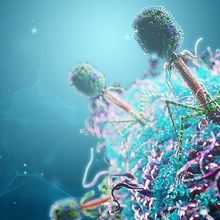
Cellular Cuisine: Phages on the Menu
Laura Tran, PhD | Mar 19, 2024 | 3 min read
Mammalian cells outpace bacteriophages in the microbial food chain by devouring phages to fuel their growth.
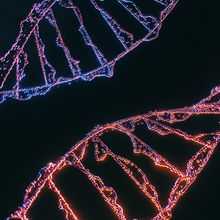
Building Nerf Gun Blasters from DNA Bricks
Laura Tran, PhD | Jan 11, 2024 | 3 min read
Researchers ingeniously repurposed DNA to assemble a miniaturized blaster at the molecular level.
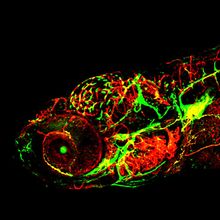
Serendipity, Happenstance, and Luck: The Making of a Molecular Tool
Shelby Bradford, PhD | Dec 4, 2023 | 10+ min read
The common fluorescent marker GFP traveled a long road to take its popular place in molecular biology today.
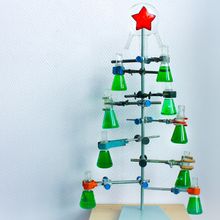
The Christmas Mix-up
Danielle Gerhard, PhD | Dec 1, 2023 | 2 min read
In a rush to wrap up an experiment before the holidays, a slip of the hand almost ruined the festive mood for Cleo Parisi.
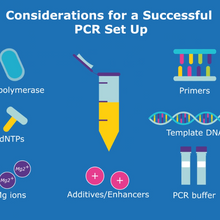
Important Players for a Successful PCR
The Scientist and MilliporeSigma | Apr 20, 2023 | 1 min read
Learn about other PCR components—beyond the polymerase—that are essential for optimal results.
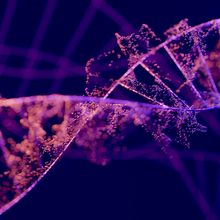
The Components of Effective qPCR
Bio-Rad | Mar 27, 2023 | 1 min read
Putting the pieces together for molecular diagnostics and infectious disease research
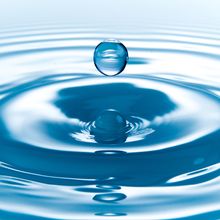
Water: A Vital Life Science, Pharmaceutical, and Clinical Laboratory Reagent
ELGA Veolia | Mar 22, 2023 | 1 min read
Overcoming the challenges of contaminated water in laboratory assays.

A Spotlight on Cancer Cell Metabolism
The Scientist | Mar 14, 2023 | 1 min read
In this webinar, Elena Piskounova and Christina Towers discuss the implications of metabolic changes in cancer cells for therapeutic development and efficacy.
